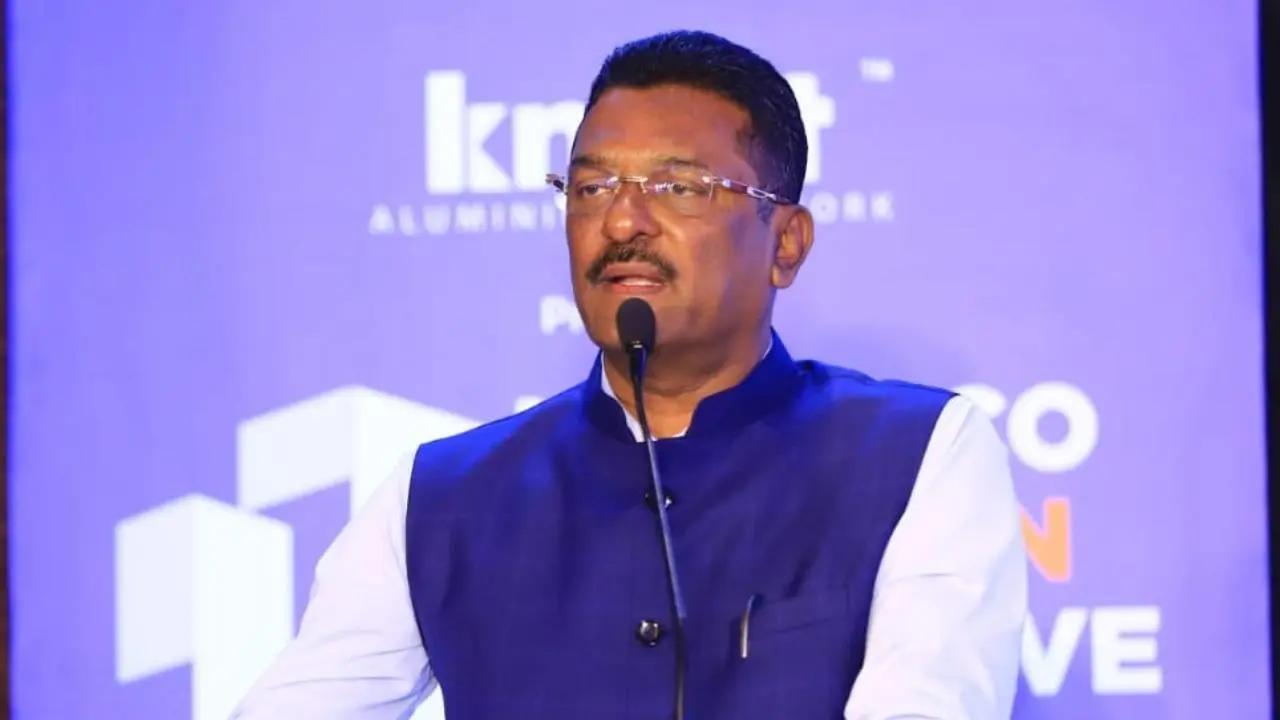The Maharashtra government is set to introduce new regulations for private school buses from the upcoming academic year to address financial concerns and enhance student safety. A committee led by retired transport officer Jitendra Patil will submit a report within a month, ensuring stricter guidelines for school transport operations.

File Pic
The Maharashtra government is set to introduce a regulatory framework for private school buses transporting students, starting from the upcoming academic year. A one-member committee, chaired by retired transport officer Jitendra Patil, has been established to draft a comprehensive report within the next month, as per the directives of Transport Minister Pratap Sarnaik.
Thousands of school buses operated by private organisations facilitate student transportation across the state. However, the transport department has received multiple complaints regarding financial exploitation by certain operators. In response to these grievances, a high-level meeting was convened today at the transport department under the chairmanship of Minister Sarnaik. During the meeting, it was decided that the newly formed committee would not only draft regulations for school buses but also review the recommendations made by the Madan Committee in 2011, which sought to curb arbitrary practices among auto-rickshaw drivers transporting students. Based on the committee’s findings, a formal set of rules will be implemented from the forthcoming academic session.
Numerous complaints have been lodged with the transport department by parents, particularly concerning the unfair fee structure enforced by private school bus operators. Presently, school buses operate for ten months during the academic year, yet parents are often charged for an entire year upfront. Additionally, school bus fees are frequently collected alongside school tuition fees, imposing a significant financial burden on families. Parents have urged authorities to mandate a monthly payment system instead of a lump sum fee for ten months, ensuring affordability and fairness.
Recent incidents in Panvel and Badlapur have raised serious concerns regarding student safety during transportation. In light of these events, the government has stressed the necessity of installing critical safety equipment in school buses, including panic buttons, fire-prevention sprinklers, GPS tracking systems, and CCTV cameras. Furthermore, it has been recommended that all school bus operators and institutions maintaining these services have centralised CCTV surveillance to monitor student safety effectively.
Minister Sarnaik has instructed the Jitendra Patil Committee to incorporate these safety measures into its report, ensuring that school buses comply with stringent security standards. The finalised guidelines, once implemented, will regulate operations, prevent exploitation, and enhance student safety during transit.
 Subscribe today by clicking the link and stay updated with the latest news!" Click here!
Subscribe today by clicking the link and stay updated with the latest news!" Click here!








